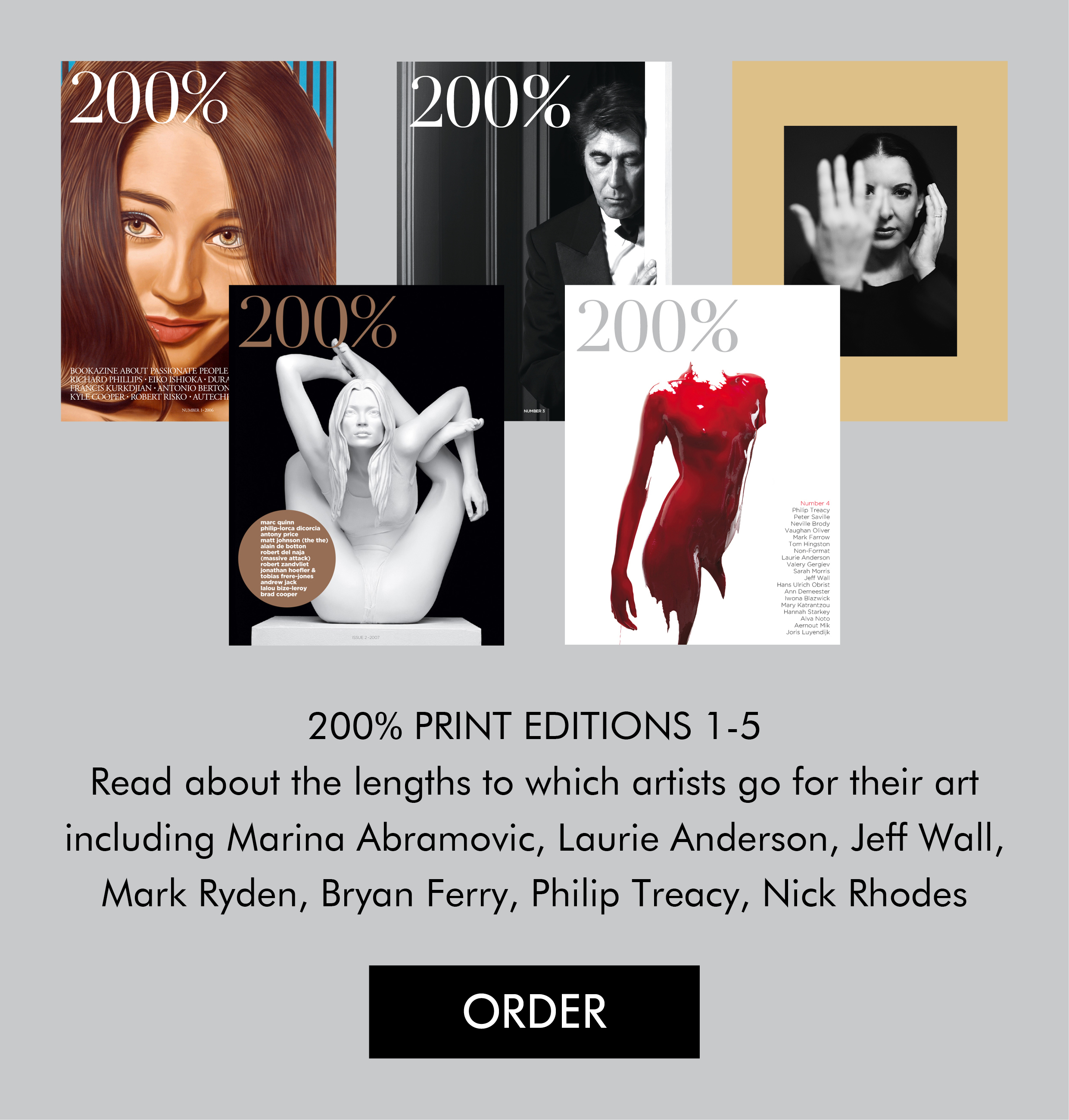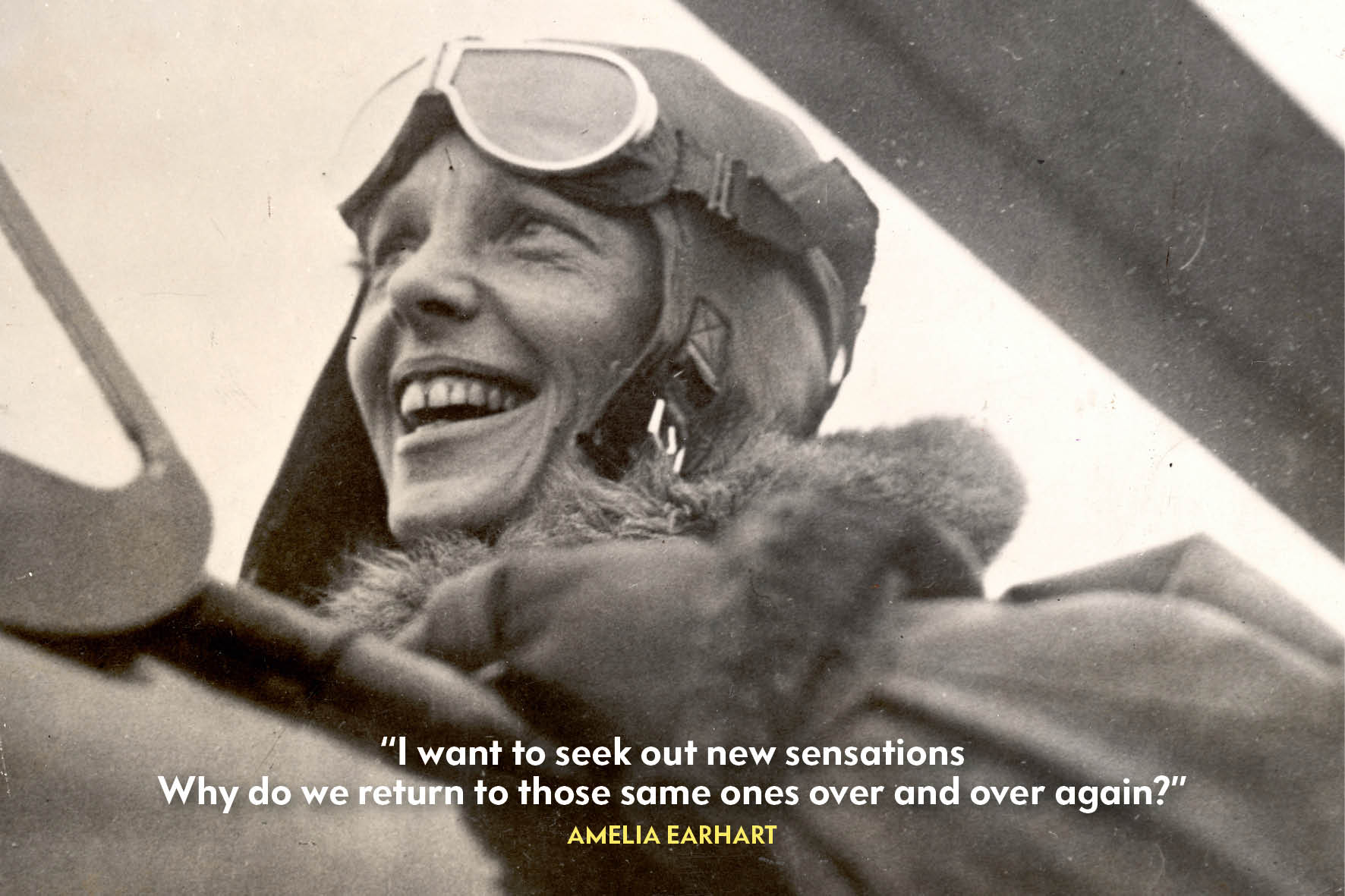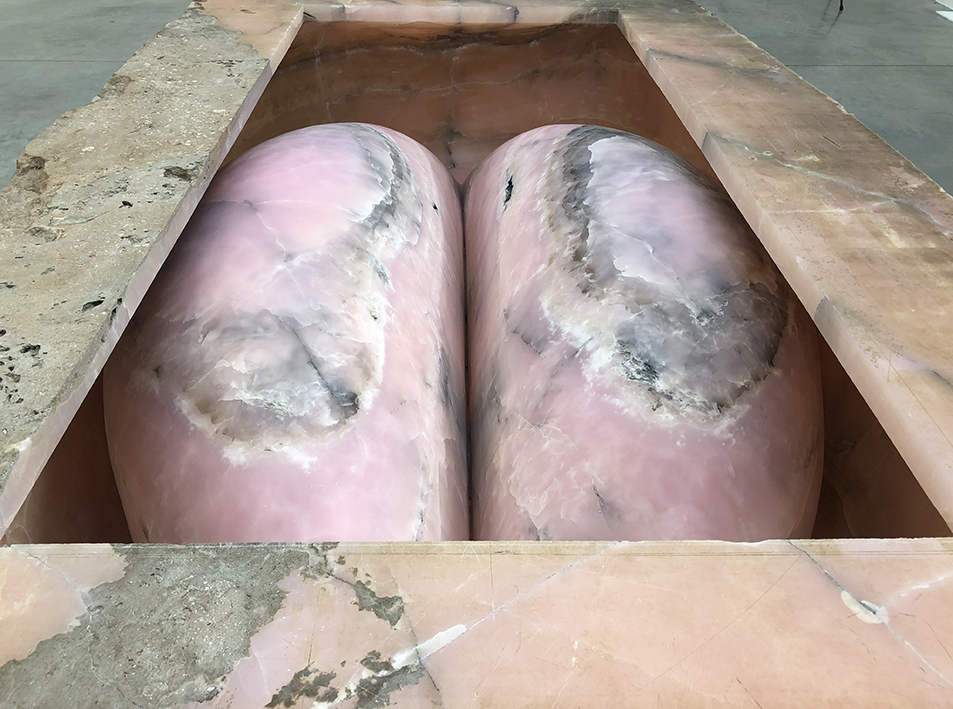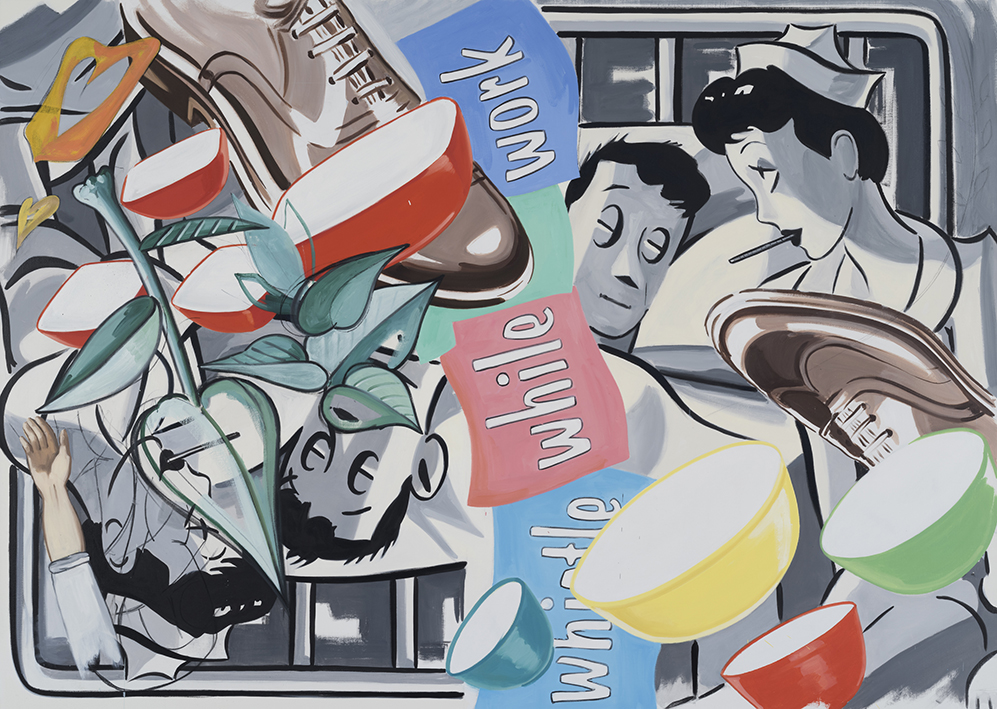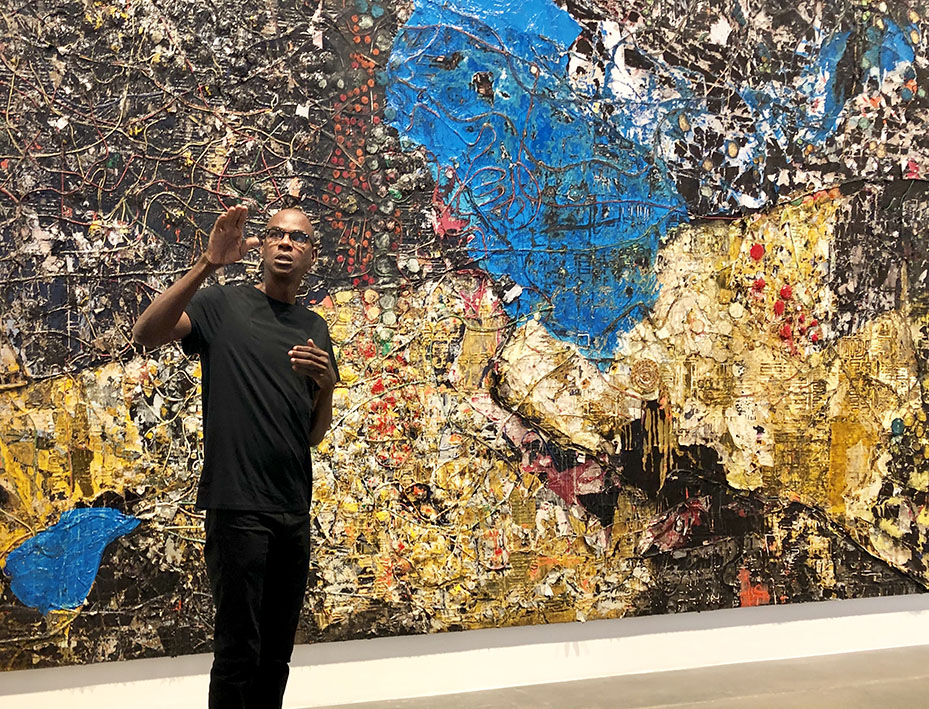 The subject matter of ‘Shame’, the second feature film of the artist and director Steve McQueen, is no less controversial than his critically acclaimed debut film ‘Hunger’. McQueen’s gripping film about the 1981 IRA hunger strike led by Bobby Sands, with a fearless performance by Michael Fassbender, is followed by a film about a compulsive sex addict in New York City, also played by Fassbender.
One of the questions asked of McQueen at the press conference at the London Film Festival last year was why he had, again, chosen Michael Fassbender to play the lead character of his film. The director gave the impression that he found it an irrelevant question and answered: “He wasn’t so bad in ‘Hunger’ so I thought ‘ok I’m going to ask him again’. I don’t know how to answer that. He is a good actor, isn’t he?” Fassbender has received accolades for his role as a sex addict, Brandon Sullivan, being awarded the prize of Best Actor at the Venice Film Festival.
In preparation for his role, the actor of half-German, half-Irish parentage, spoke extensively with a person suffering from the effects of the compulsion. Through the research, Fassbender came to understand how a person deals with this compulsion, how it manifests itself physically, and from where the cause of the ‘desire’ stems. Fassbender convincingly portrays a character who pretends to live a normal life to the outside world, but is totally possessed by his urge to score sex like a drug. His ‘secret life’ comes to the surface when his unstable sister, Sissy – a brave performance by Carey Mulligan – comes to live with him in his apartment.
McQueen has made a film without compromise about the life of a sex addict, highlighting the particular emotions of shame and self-loathing. He also shows how a person suffering from this condition is distressingly lonely and has huge problems dealing with intimacy. His direction is merciless, not shying away from explicitness, but the peculiar subject matter is never treated in an exploitative, sensational way.
One of the most touching and impactful scenes in ‘Shame’ is when Sissy sings the song ‘New York, New York’ in a Manhattan bar with her brother and his boss in the audience. Without any dialogue, it magnificently exposes the damaged past between brother and sister. We are all familiar with Frank Sinatra’s triumphant version where he is the king of the world; when you listen carefully to the lyrics, though, it is actually a sad song (“These vagabond shoes / They are longing to stray”).
McQueen had the idea of portraying ‘New York’ as a song of the blues – Sissy performs the song in a disillusioned manner, singing it in a slow, whispering voice, underpinned by melancholia. The audience in the bar is entranced and jubilant about her performance but unaware of the undercurrent tensions and delicacies going on between the siblings. Brandon has tears rolling down his cheek and stares into his glass, not daring to make eye contact with his sister.
“I thought this could be the time when Brandon is confronted with Sissy”, explains McQueen as to the psychology behind the scene. “She can have a direct communication with him and he can’t get out as he has taken his boss to the club and he finds himself in a situation where he can’t leave. He is basically trapped and has to listen. He is confronted with his past through his sister’s performance”.
The tragedy of the scene is enhanced by the movement of the camera, which is very slow and with lengthy close up shots. McQueen often uses lengthy shots in his films. ‘Hunger’ features an impressive scene between Bobby Sands and a priest, sitting at the table where they discuss the morality of a hunger strike in an unbroken 17-minute shot.
In one of the first scenes of ‘Shame’ the camera is also in one steady position and slowly pens to follow Brandon in his apartment. We see him doing his morning ritual, walking naked from his bedroom, going to the bathroom, having a pee, going to the living room, pressing the button of his answering machine listening to his messages, and walking to his kitchen.
Michael Fassbender was asked at the press conference several questions about his explicit full frontal nudity in the film: at a certain point McQueen abruptly interrupted by saying “I don’t understand all these questions about nudity, they’re nonsense. You’re actor, you’re an artist, get on with it”. Fassbender responded with dry humour: “That’s what he said to me everyday.”
The subject matter of ‘Shame’, the second feature film of the artist and director Steve McQueen, is no less controversial than his critically acclaimed debut film ‘Hunger’. McQueen’s gripping film about the 1981 IRA hunger strike led by Bobby Sands, with a fearless performance by Michael Fassbender, is followed by a film about a compulsive sex addict in New York City, also played by Fassbender.
One of the questions asked of McQueen at the press conference at the London Film Festival last year was why he had, again, chosen Michael Fassbender to play the lead character of his film. The director gave the impression that he found it an irrelevant question and answered: “He wasn’t so bad in ‘Hunger’ so I thought ‘ok I’m going to ask him again’. I don’t know how to answer that. He is a good actor, isn’t he?” Fassbender has received accolades for his role as a sex addict, Brandon Sullivan, being awarded the prize of Best Actor at the Venice Film Festival.
In preparation for his role, the actor of half-German, half-Irish parentage, spoke extensively with a person suffering from the effects of the compulsion. Through the research, Fassbender came to understand how a person deals with this compulsion, how it manifests itself physically, and from where the cause of the ‘desire’ stems. Fassbender convincingly portrays a character who pretends to live a normal life to the outside world, but is totally possessed by his urge to score sex like a drug. His ‘secret life’ comes to the surface when his unstable sister, Sissy – a brave performance by Carey Mulligan – comes to live with him in his apartment.
McQueen has made a film without compromise about the life of a sex addict, highlighting the particular emotions of shame and self-loathing. He also shows how a person suffering from this condition is distressingly lonely and has huge problems dealing with intimacy. His direction is merciless, not shying away from explicitness, but the peculiar subject matter is never treated in an exploitative, sensational way.
One of the most touching and impactful scenes in ‘Shame’ is when Sissy sings the song ‘New York, New York’ in a Manhattan bar with her brother and his boss in the audience. Without any dialogue, it magnificently exposes the damaged past between brother and sister. We are all familiar with Frank Sinatra’s triumphant version where he is the king of the world; when you listen carefully to the lyrics, though, it is actually a sad song (“These vagabond shoes / They are longing to stray”).
McQueen had the idea of portraying ‘New York’ as a song of the blues – Sissy performs the song in a disillusioned manner, singing it in a slow, whispering voice, underpinned by melancholia. The audience in the bar is entranced and jubilant about her performance but unaware of the undercurrent tensions and delicacies going on between the siblings. Brandon has tears rolling down his cheek and stares into his glass, not daring to make eye contact with his sister.
“I thought this could be the time when Brandon is confronted with Sissy”, explains McQueen as to the psychology behind the scene. “She can have a direct communication with him and he can’t get out as he has taken his boss to the club and he finds himself in a situation where he can’t leave. He is basically trapped and has to listen. He is confronted with his past through his sister’s performance”.
The tragedy of the scene is enhanced by the movement of the camera, which is very slow and with lengthy close up shots. McQueen often uses lengthy shots in his films. ‘Hunger’ features an impressive scene between Bobby Sands and a priest, sitting at the table where they discuss the morality of a hunger strike in an unbroken 17-minute shot.
In one of the first scenes of ‘Shame’ the camera is also in one steady position and slowly pens to follow Brandon in his apartment. We see him doing his morning ritual, walking naked from his bedroom, going to the bathroom, having a pee, going to the living room, pressing the button of his answering machine listening to his messages, and walking to his kitchen.
Michael Fassbender was asked at the press conference several questions about his explicit full frontal nudity in the film: at a certain point McQueen abruptly interrupted by saying “I don’t understand all these questions about nudity, they’re nonsense. You’re actor, you’re an artist, get on with it”. Fassbender responded with dry humour: “That’s what he said to me everyday.”
 200% spoke with McQueen about the film at the SOHO Hotel in London.
200%: Was it your objective with ‘Shame’ to depict the life of a sex addict as maddeningly lonely, whereby they are disconnected from society and can’t deal with intimacy?
SM: I think it’s more about his secret. Most addicts are very good at keeping something secret. They could work for the CIA as they are very secretive about their addiction. I think that is one thing I wanted to portray more than anything else.
200%: The film critic, David Denby, wrote on the blog of ‘The New Yorker’: ‘Shame’ is an art-project sex movie, just as ‘Hunger’ was an art-project political movie? Is he right?
SM: No, it’s a feature film. It’s a film for the public, it’s about storytelling. It’s a straight forward narrative movie.
200%: In one of the first scenes of ‘Shame’ in Brandon’s apartment, the camera is quite low, at crotch level, and we don’t see much of Brandon’s face. Was that a hint for the viewer that this film is about sex?
SM: No, he just happened to be naked. A lot of people are not wearing pyjama’s, it’s not the 1950s – it’s 2011. No, that was never my intention. It wouldn’t be that pointed.
200%: You said about Michael Fassbender: “he is an artist, not an actor”. Can you elaborate on what you mean by that?
SM: He has a certain way of doing things that can transcend the character, which can help the character – he can become the character. He is not an illustrator, he is an artist, which is the difference: you can transcend what is on the page.
200%: At the Press Conference, journalists asked several questions about the explicit full-frontal nudity of Michael Fassbender. Do you understand why the topic was raised?
SM: No, I don’t. I have no idea why they asked those questions.
200%: Because of the explicit nakedness of Fassbender…
SM: How is it explicit? It is someone who has no clothes on. It’s kind of normal. I just want to make films that reflect reality, that’s all. It’s that simple.
200%: Are there moments, specific scenes in the production and filming of ‘Shame’, that for others might be details but were, for you, very important to get right?
SM: His apartment, which gives detail to the character as there is this one wall of stuff, which is books and records, showing his attachment to vinyl. I loved that idea that he was attached to vinyl as, usually, music isn’t tactile anymore; it’s up in a cloud somewhere. For me, I loved the way that Brandon was attached to vinyl and attached to Johann Sebastian Bach and the Goldberg variations played by Glenn Gould as, for him, these mathematical equations within music were something onto which he could hold and it was very important for me that this was conveyed.
200%: As a filmmaker are you interested in filming stories that are somehow connected to your own personal life?
SM [resolute]: No.
200%: Why not?
SM: My life is kind of boring [laughs].
200%: What makes you say your life is “kind of boring”?
SM: Well, I’m not a sex addict and I was never in the IRA; it’s as far removed from me as you can think.
200% spoke with McQueen about the film at the SOHO Hotel in London.
200%: Was it your objective with ‘Shame’ to depict the life of a sex addict as maddeningly lonely, whereby they are disconnected from society and can’t deal with intimacy?
SM: I think it’s more about his secret. Most addicts are very good at keeping something secret. They could work for the CIA as they are very secretive about their addiction. I think that is one thing I wanted to portray more than anything else.
200%: The film critic, David Denby, wrote on the blog of ‘The New Yorker’: ‘Shame’ is an art-project sex movie, just as ‘Hunger’ was an art-project political movie? Is he right?
SM: No, it’s a feature film. It’s a film for the public, it’s about storytelling. It’s a straight forward narrative movie.
200%: In one of the first scenes of ‘Shame’ in Brandon’s apartment, the camera is quite low, at crotch level, and we don’t see much of Brandon’s face. Was that a hint for the viewer that this film is about sex?
SM: No, he just happened to be naked. A lot of people are not wearing pyjama’s, it’s not the 1950s – it’s 2011. No, that was never my intention. It wouldn’t be that pointed.
200%: You said about Michael Fassbender: “he is an artist, not an actor”. Can you elaborate on what you mean by that?
SM: He has a certain way of doing things that can transcend the character, which can help the character – he can become the character. He is not an illustrator, he is an artist, which is the difference: you can transcend what is on the page.
200%: At the Press Conference, journalists asked several questions about the explicit full-frontal nudity of Michael Fassbender. Do you understand why the topic was raised?
SM: No, I don’t. I have no idea why they asked those questions.
200%: Because of the explicit nakedness of Fassbender…
SM: How is it explicit? It is someone who has no clothes on. It’s kind of normal. I just want to make films that reflect reality, that’s all. It’s that simple.
200%: Are there moments, specific scenes in the production and filming of ‘Shame’, that for others might be details but were, for you, very important to get right?
SM: His apartment, which gives detail to the character as there is this one wall of stuff, which is books and records, showing his attachment to vinyl. I loved that idea that he was attached to vinyl as, usually, music isn’t tactile anymore; it’s up in a cloud somewhere. For me, I loved the way that Brandon was attached to vinyl and attached to Johann Sebastian Bach and the Goldberg variations played by Glenn Gould as, for him, these mathematical equations within music were something onto which he could hold and it was very important for me that this was conveyed.
200%: As a filmmaker are you interested in filming stories that are somehow connected to your own personal life?
SM [resolute]: No.
200%: Why not?
SM: My life is kind of boring [laughs].
200%: What makes you say your life is “kind of boring”?
SM: Well, I’m not a sex addict and I was never in the IRA; it’s as far removed from me as you can think.
 200%: Carey Mulligan plays Sissy, Brandon’s sister, showing a completely different aspect of herself as an actress. What relationship did you develop with her?
SM: Carey was great. It took her a little while to get into it. It’s about trust and gaining a certain trust before the cameras roll. Before anything was going on, we had a few dinners, a few long conversations, we went to movies together, a documentary I wanted her to see, I gave her some books of Francesca Woodman, who is a photographer, with a character fairly close to the character of Sissy. Also, in rehearsal we got to know each other a little bit.
200%: Was it difficult for her, as you had such a good relationship with Michael Fassbender and worked together, successfully, before?
SM: That’s what I had to rebalance. That’s why we had such a long conversations about her character.
200%: How much background information do you give an actor on how to play their character? Is it actor dependent?
SM: Different people, different conversations, and you have to adapt, you have to mould to the individual, keeping fluid. What you say to one person you can’t say to another person, as you have to consider how you say things.
‘Shame’ will be released in the UK nationwide on 13th January.
Interview written and conducted by Thierry Somers
Pictures: Michael Fassbender and director and co-writer Steve McQueen on the set of ‘Shame’; Carey Mulligan as Sissy; Michael Fassbender as Brandon and Carey Mulligan in Brandon’s apartment.
200%: Carey Mulligan plays Sissy, Brandon’s sister, showing a completely different aspect of herself as an actress. What relationship did you develop with her?
SM: Carey was great. It took her a little while to get into it. It’s about trust and gaining a certain trust before the cameras roll. Before anything was going on, we had a few dinners, a few long conversations, we went to movies together, a documentary I wanted her to see, I gave her some books of Francesca Woodman, who is a photographer, with a character fairly close to the character of Sissy. Also, in rehearsal we got to know each other a little bit.
200%: Was it difficult for her, as you had such a good relationship with Michael Fassbender and worked together, successfully, before?
SM: That’s what I had to rebalance. That’s why we had such a long conversations about her character.
200%: How much background information do you give an actor on how to play their character? Is it actor dependent?
SM: Different people, different conversations, and you have to adapt, you have to mould to the individual, keeping fluid. What you say to one person you can’t say to another person, as you have to consider how you say things.
‘Shame’ will be released in the UK nationwide on 13th January.
Interview written and conducted by Thierry Somers
Pictures: Michael Fassbender and director and co-writer Steve McQueen on the set of ‘Shame’; Carey Mulligan as Sissy; Michael Fassbender as Brandon and Carey Mulligan in Brandon’s apartment.

